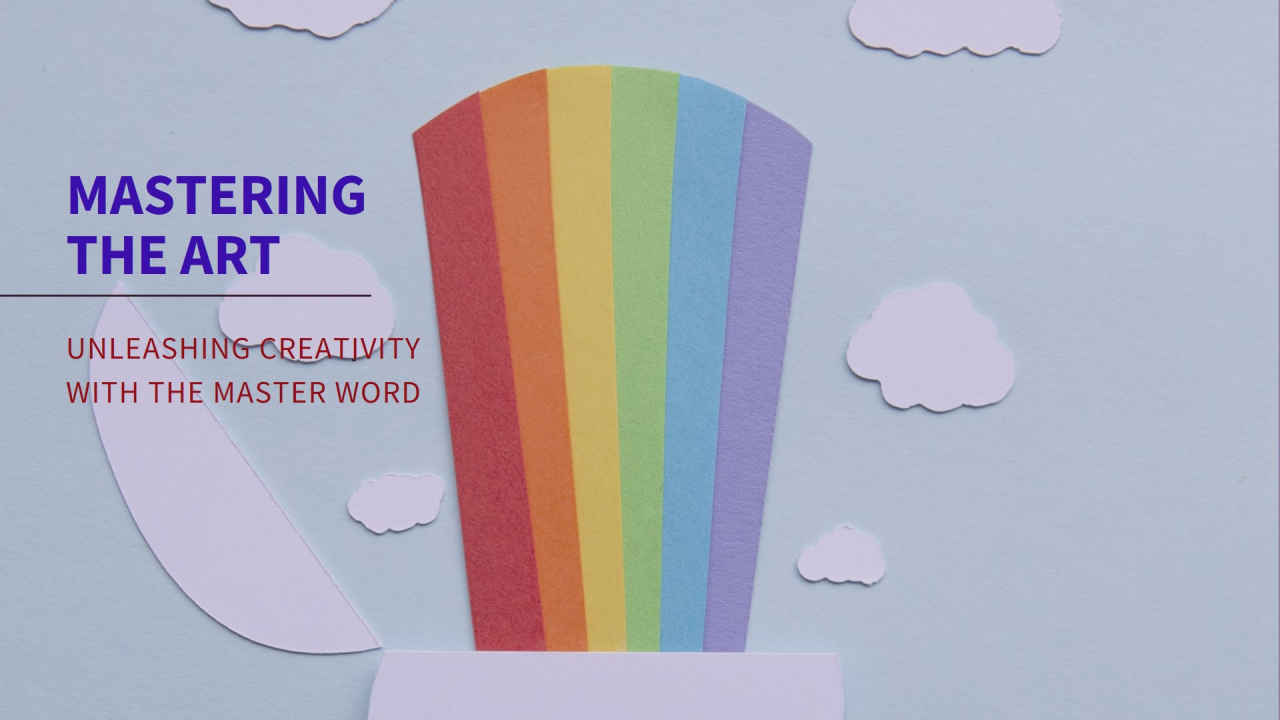The Master Word
UCLA psychologist Jim Stigler gave American and Japanese elementary school students the same convoluted math problems to solve. The American kids struggled briefly with the problems and then gave up. In contrast, the Japanese kids kept trying so long that Stigler remembered thinking, “This is inhumane. I have to stop them. They’ll go on forever.”
This experiment illustrated a difference between the two cultures: In general, with a few exceptions, Japanese students believe that if they keep working, they will eventually solve the problem. Conversely, many Americans believe that solving problems relies more on talent than on perseverance.
The American self-esteem myth has produced a narcissistic society that values talent, luck, and social status over effort. Advertisers have told us that a particular possession can provide self-esteem that will fill our lives with friends and fun. In our Wonderland World, we acknowledge the declaration proclaimed by Alice: “All have won, and all will receive prizes.”
Praise for hard work and effort is the best medicine. Parents have been taught that compliments for effortless achievement will encourage children to try more difficult tasks. Just the opposite occurs. After all, why work harder when the humdrum brings praise?
Certainly, successful people have innate gifts, but peak performance has more to do with hard work than genetic endowments. Commitment and motivation precede outstanding performance. Dedication, drive, and determination appear to be more critical factors than innate ability in developing expertise.
Toward the beginning of the 20th century, Sir William Osler wrote, “The master word is work. It will make the dull man bright, the bright man brilliant, and the brilliant man steady.”

